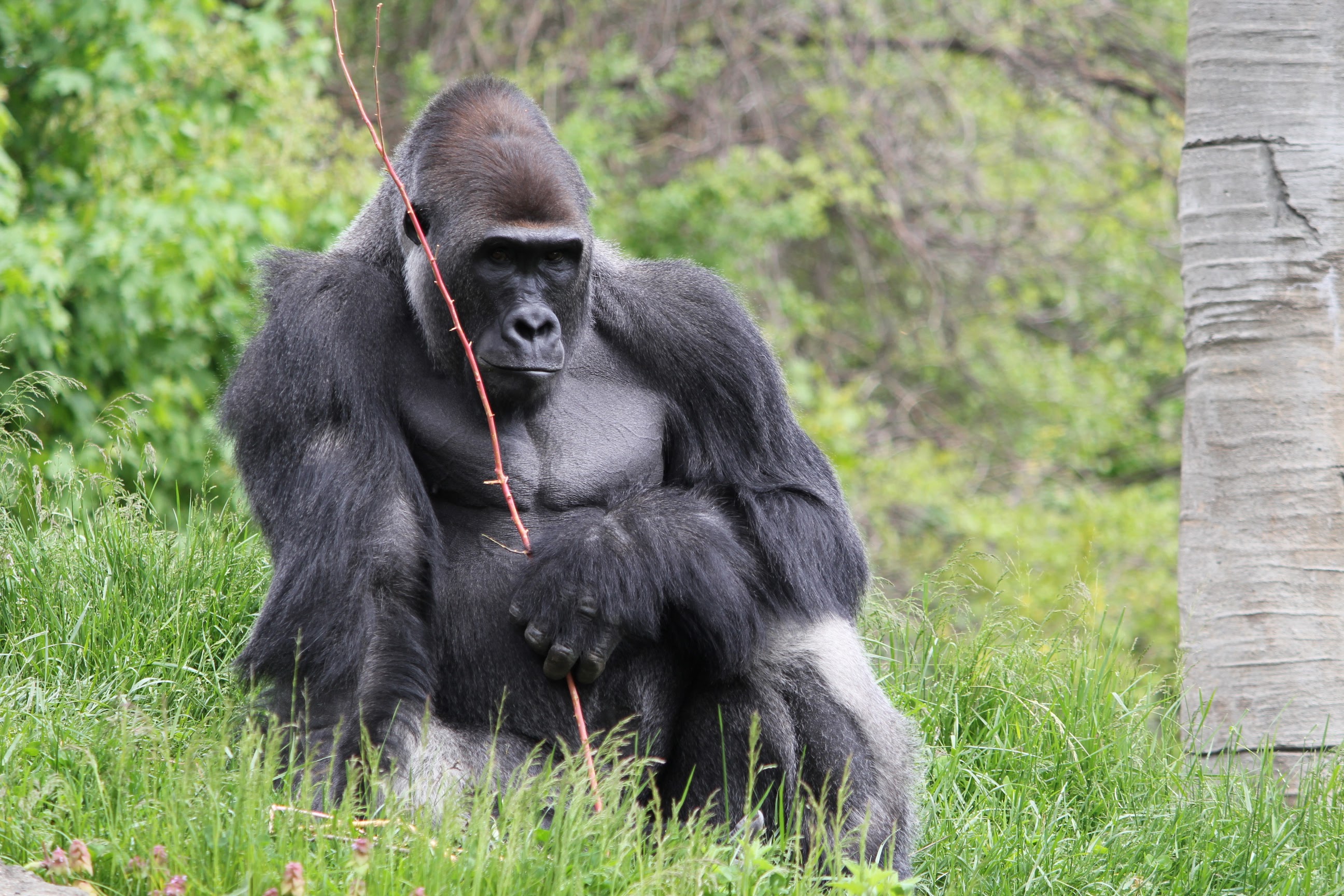There have been 5 major extinctions in Earth’s history so far; each one has eliminated a huge number of species, taking millions of years to recover. The potential repercussions of recent predictions – that a sixth of species could be extinct by 2100 – are still not fully understood scientifically, but it may hark the beginning of another mass extinction event. There could also be indirect biological risks associated with mass extinction, however these simply are not known currently.
One of the problems is that the species count is still ongoing and there is still much to discover about Earth and its largely unexplored, isolated places. Some 18,000 species are still being found annually, which means that species could be going extinct before we’ve even discovered them. To put this into perspective, only 5% of the oceans, by volume, have been explored.
Additionally, climate change could create issues; small variations in temperature could cause catastrophic changes to the minute species at the bottom of the food chain. In less than forty years, winter temperatures have risen by 5°C in Antarctica, while Krill levels dropped by 80% during the same time. Penguin species, such as the Chinstrap penguin, rely upon Krill as a food source and as a result have become endangered.
This critical 5°C rise could lead to the acidification of oceans, consequently becoming more toxic to coral species. The changing chemistry of the oceans could be marked as one of the reasons why there is such a high extinction rate. Indeed, this has been a factor in past mass extinction events, with the current extent of change in the oceans previously unseen in the last 300 million years.
Humans have dramatically altered the world – possibly past the point of no return – which means that species have to adapt to the changing environment. Due to the impact of humans, the world can change rapidly, giving organisms’ insufficient time to react to a changing climate.
One of the worst extinction events, which occurred 250 million years ago, was caused by large volumes of carbon dioxide being released into the atmosphere for a prolonged period of time. Parallels are increasingly evident between this mass extinction event, named the Permian- Triassic, and the present day. Scientists have made the distinction that we are not experiencing the ‘background rate’ of extinction, there is a noticeably higher rate.
Worryingly, many of the species predicted to be extinct by 2100 are thought to be big animals, which will leave many species lower on the food chain able to expand their populations unchecked. For example, the well-loved polar bears could be wiped out in less than forty years which would critically endanger other species. This megafauna extinction could occur before scientists realise the full impact that these animals have as controls on the environment.
Some of the well-known species that have been found to be at risk are the Bengal tiger, Black Rhino and Western Gorilla. However, species that have tended to survive mass extinctions are widely spread and have the ability to adapt – none of these three big animals have a wide distribution. Endangered species are not the only worry; species that are thought to be in abundance could suffer equally by changes brought on by climate change.
The realisation of the loss of so many species has sparked plans for conservation. Reintroduction of species into areas they were previously driven out of is thought to combat extinction, returning animals back into their natural habitat. One example of this is the reintroduction of wolves back into the Yellowstone National Park, which allowed the Grey Wolf to be removed from the endangered list in 2009.
The news of the predicted loss of species by 2100 may jolt action from key decision makers, hopefully forcing more energy to be diverted into research – subsequently safeguarding the most at risk species. Even in extreme extinction scenarios, some species thrive on the environment created.
Kira Knowles
(Image courtesy of RedGazelle15)

